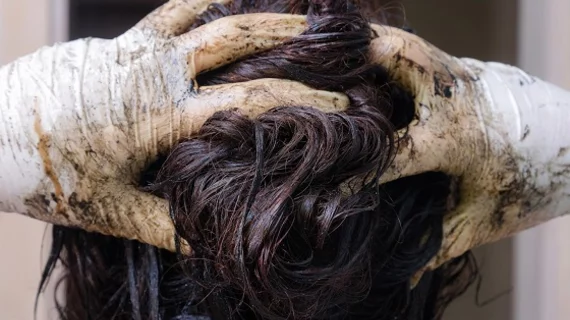Women who use permanent hair dye and chemical straighteners may face an increased risk of breast cancer and, in some minority groups, that danger may jump by more than 60%.
A team from the National Institute of Environmental Health Sciences (NIEHS) looked at data from more than 46,000 women taken from the Sister Study to reach their conclusions. They published their findings Dec. 4 in the International Journal of Cancer.
"Researchers have been studying the possible link between hair dye and cancer for a long time, but results have been inconsistent," Alexandra White, PhD, head of the NIEHS Environment and Cancer Epidemiology Group, said in a statement. "In our study, we see a higher breast cancer risk associated with hair dye use, and the effect is stronger in African American women, particularly those who are frequent users."
Patients involved in the study answered a questionnaire regarding their past 12 months of hair product use. Among the women ages 35 to 74 involved in the analysis, those who regularly used dye were 9% more likely to develop breast cancer. African American women who used permanent dye methods every five to eight weeks or more faced a 60% increased risk of cancer, compared to an 8% increase for their white counterparts.
White, also the corresponding author of the study, noted that using semi-permanent or temporary dye had little impact on breast cancer risk. Women who used hair straighteners at least every five to eight weeks, however, were nearly 30% more likely to develop breast cancer. Straightener use, White noted, was much more common among black women.
Overall, more research will be required before researchers can rush to any solid recommendations, warned Dale Sandler, PhD, chief of the NIEHS Epidemiology Branch.
"We are exposed to many things that could potentially contribute to breast cancer, and it is unlikely that any single factor explains a woman's risk,” Sandler said. “While it is too early to make a firm recommendation, avoiding these chemicals might be one more thing women can do to reduce their risk of breast cancer."

